A multidisciplinary team
Gendhi’s approach is resolutely multidisciplinary, combining sociology, demography, economics and epidemiology, in close collaboration with clinical researchers.
Gendhi’s approach is resolutely multidisciplinary, combining sociology, demography, economics and epidemiology, in close collaboration with clinical researchers.
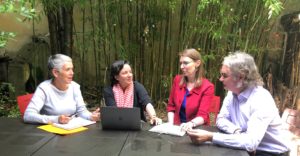
The Gendhi project is led by four scientists.
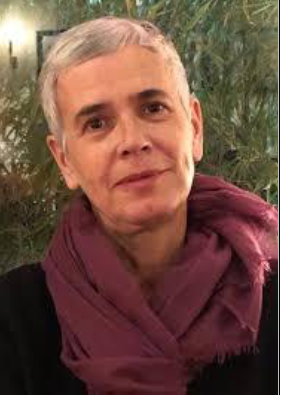
Nathalie Bajos is a sociologist and demographer, Research Professor at Inserm and at EHESS. The analysis of gender inequalities has been at the heart of her work. She has directed several national and international multidisciplinary surveys. She co-directs a large national cohort survey on COVID-19 and works on social inequalities in health in the context of the pandemic from an intersectional perspective. Her research is conducted in France and in other regions of the world in order to compare health issues in different social, political, cultural and health contexts.
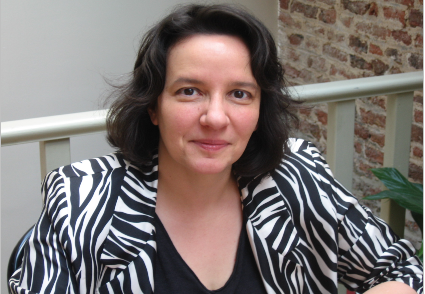
Muriel Darmon is a CNRS Research Professor and a former President of the French Sociological Association (2017-2021). A qualitative sociologist and an ethnographer, she studies socialization processes in various contexts (weight-loss groups, hospitals and schools). Her most recent publications in English include Becoming anorexic : a sociological study (Routledge, 2017), and articles in Qualitative Sociology, European Societies and The Sociological Review. She is a member of the editorial boards of the journals Sociological Theory, published by the American Sociological Association, and International Sociology Reviews, published by the International Sociological Association, and a member of the International Advisory Board of the journal Sociology, published by the British Sociological Association.
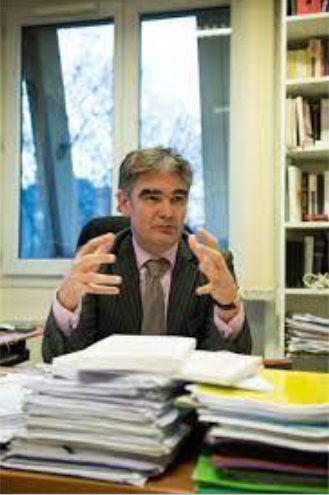
Pierre-Yves Geoffard is a research economist at the CNRS and professor at the Paris School of Economics (PSE). His research activity focuses on the analysis of health behaviors and public health policies, health expenditures, and socioeconomic inequalities in health. After ten years, he returned to these issues as a full-time researcher. More recently, his work with Bénédicte Apouey has focused on the link between children’s health and the socio-economic conditions of parents, in the United Kingdom and France. An important part of his research program is devoted to socio-economic inequalities in health, with a new focus on gender issues.
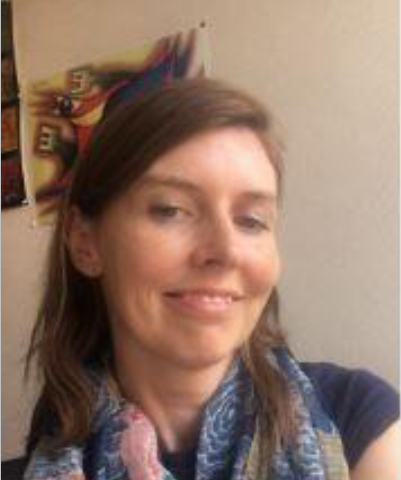
Michelle Kelly-Irving is a social epidemiologist and director of research at the French institute of health and medical research (Inserm). Her research focuses on the mechanisms and processes involved in the production of health inequalities over the life course, including health outcomes and trajectories that are determined by social and psychosocial mechanisms from early in life. She has led intra- and inter-cohort epidemiological analyses taking an interdisciplinary life approach, integrating social to biological research on health inequalities. Michelle leads the Inserm EQUITY team at the Centre d’Epidémiologie et de Recherche en Santé des Populations Centre (CERPOP)-UMR1295 based at the University of Toulouse III.
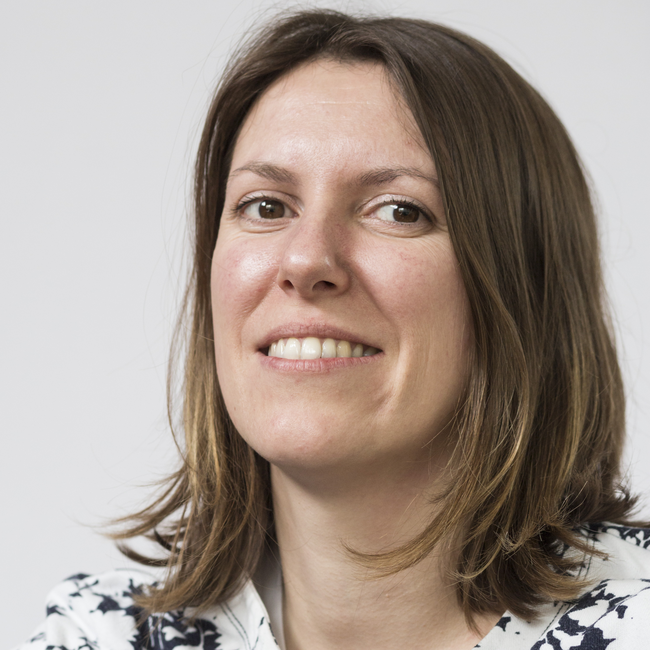
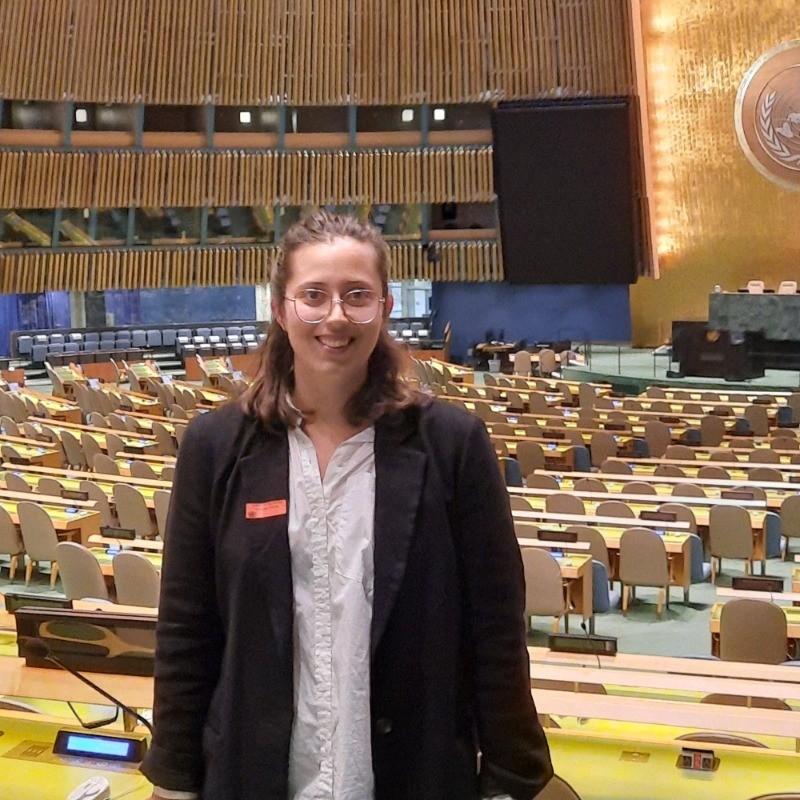
The team is composed of about twenty doctoral students and post-doctoral fellows. The young researchers working on this project are trained in the field of social sciences of health and interdisciplinarity related to these issues.
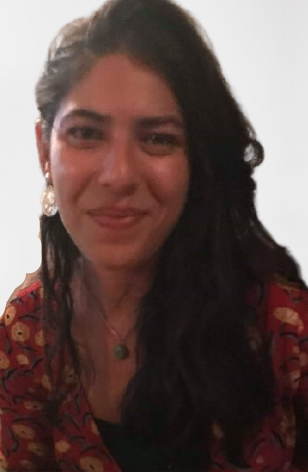
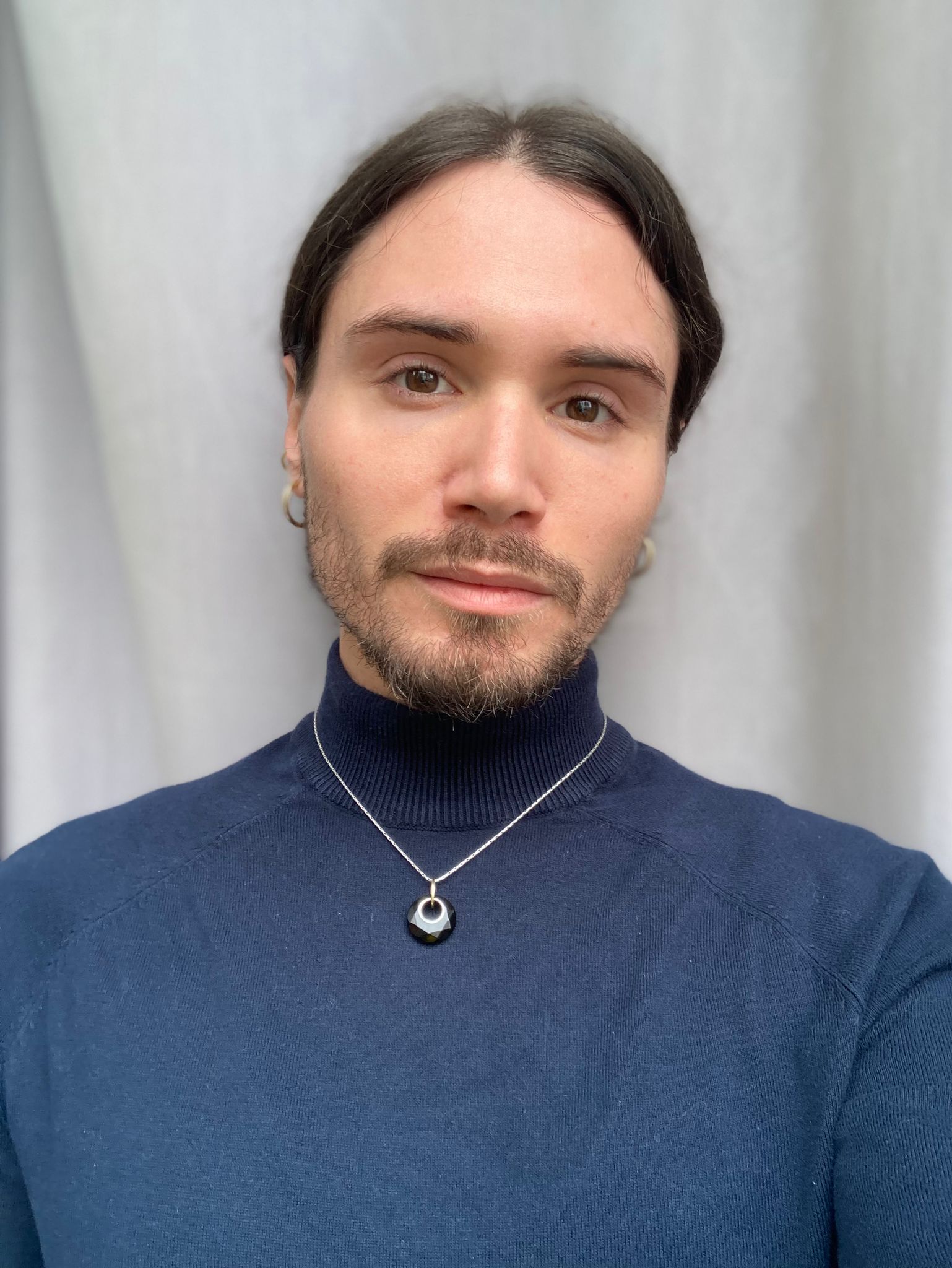
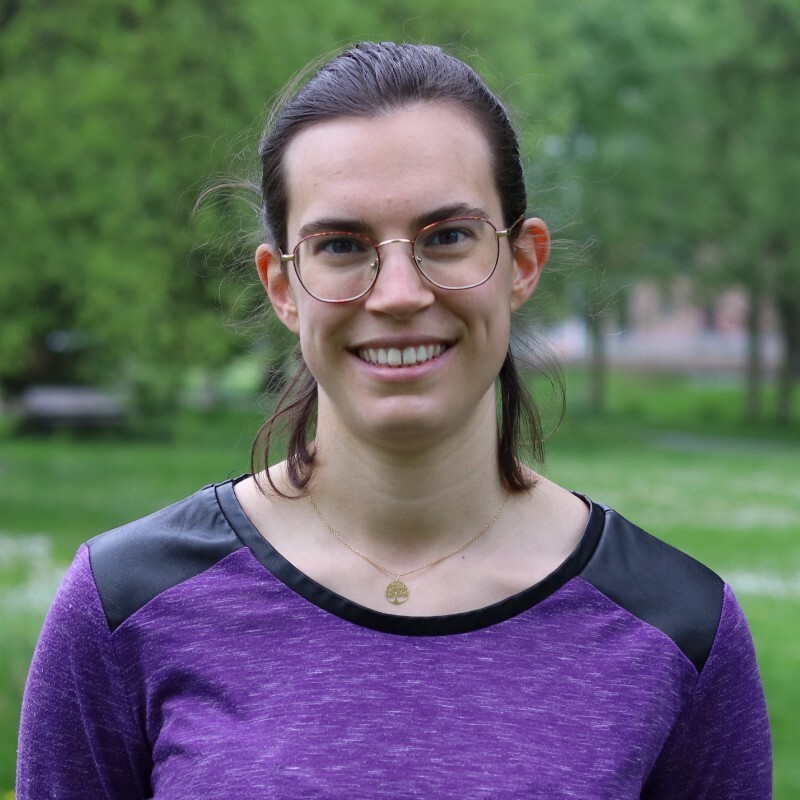
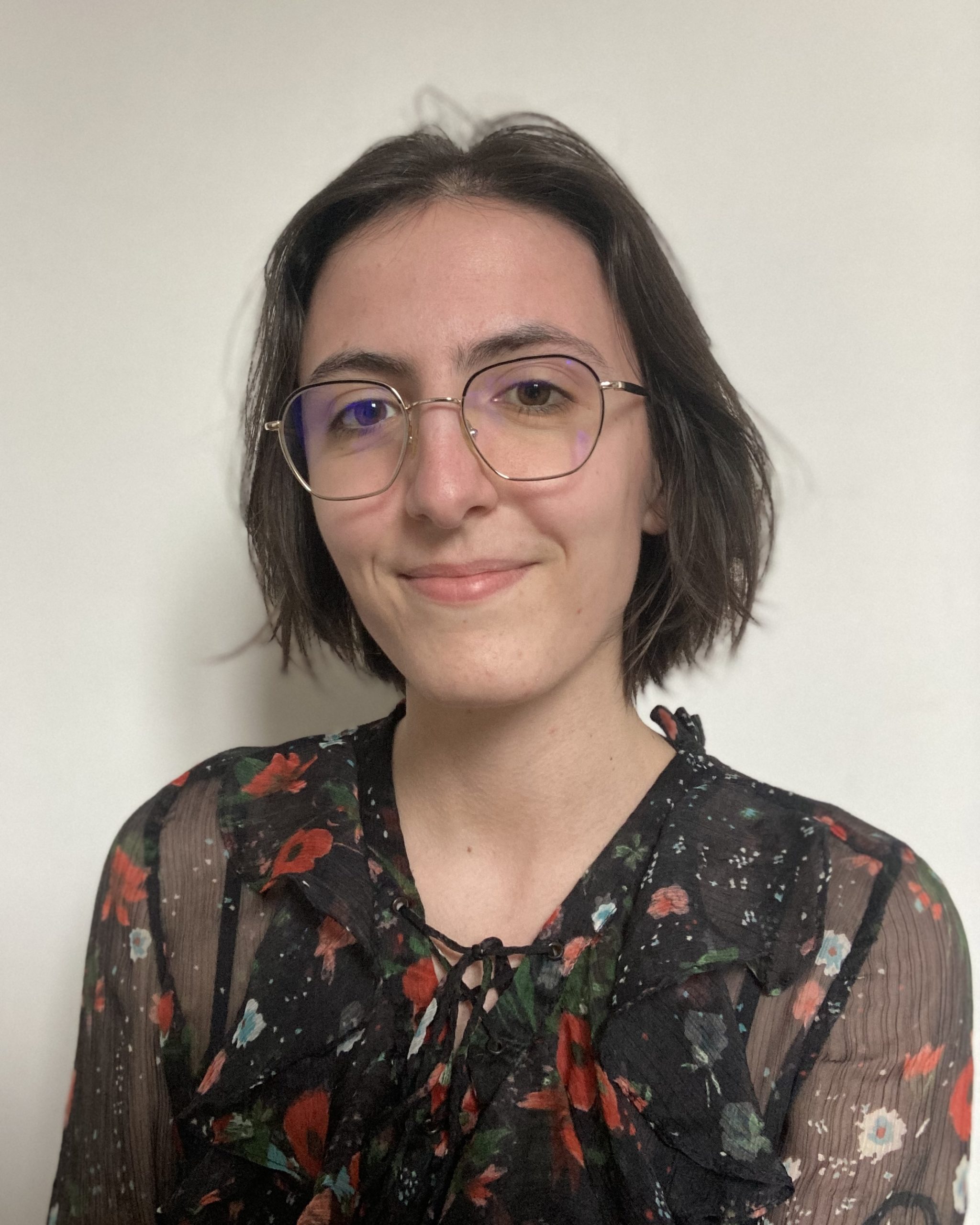
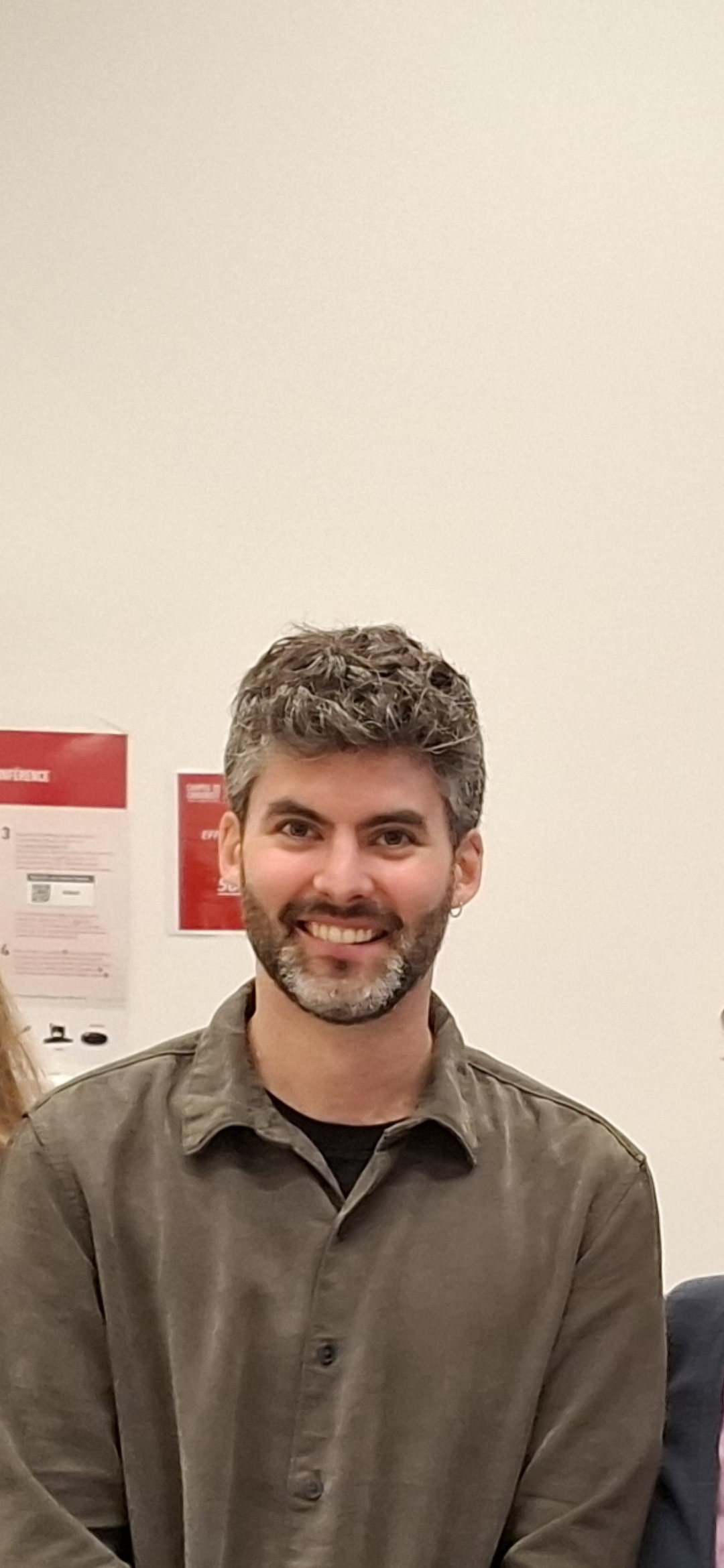
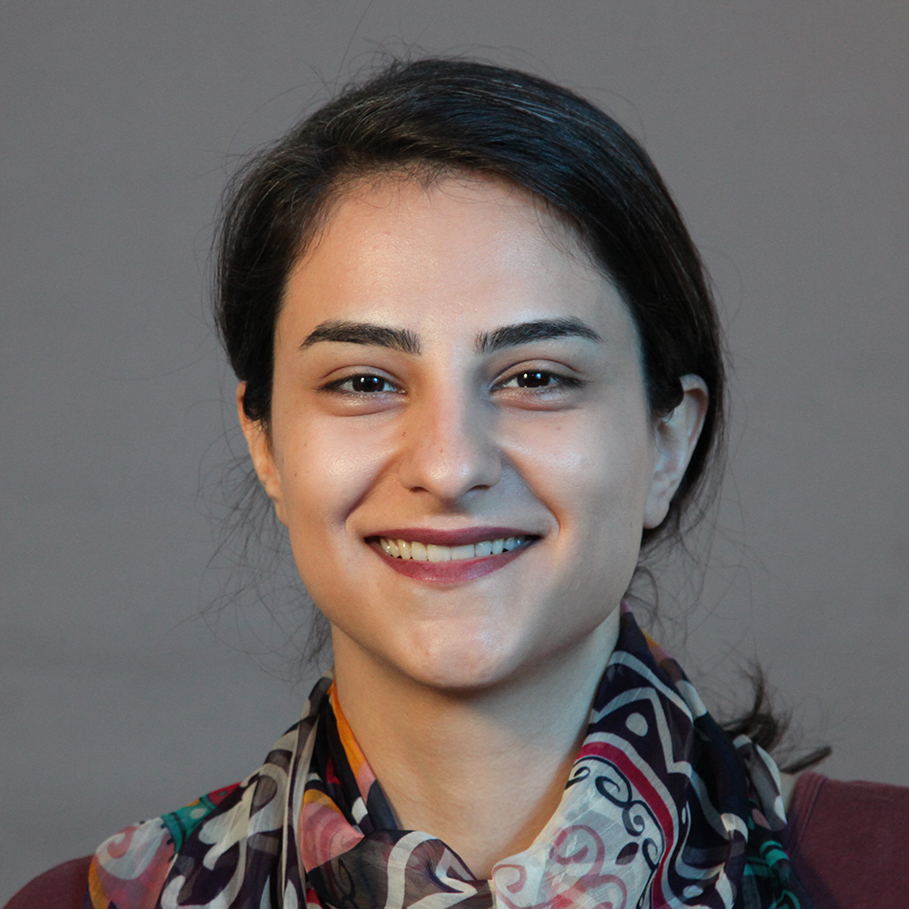
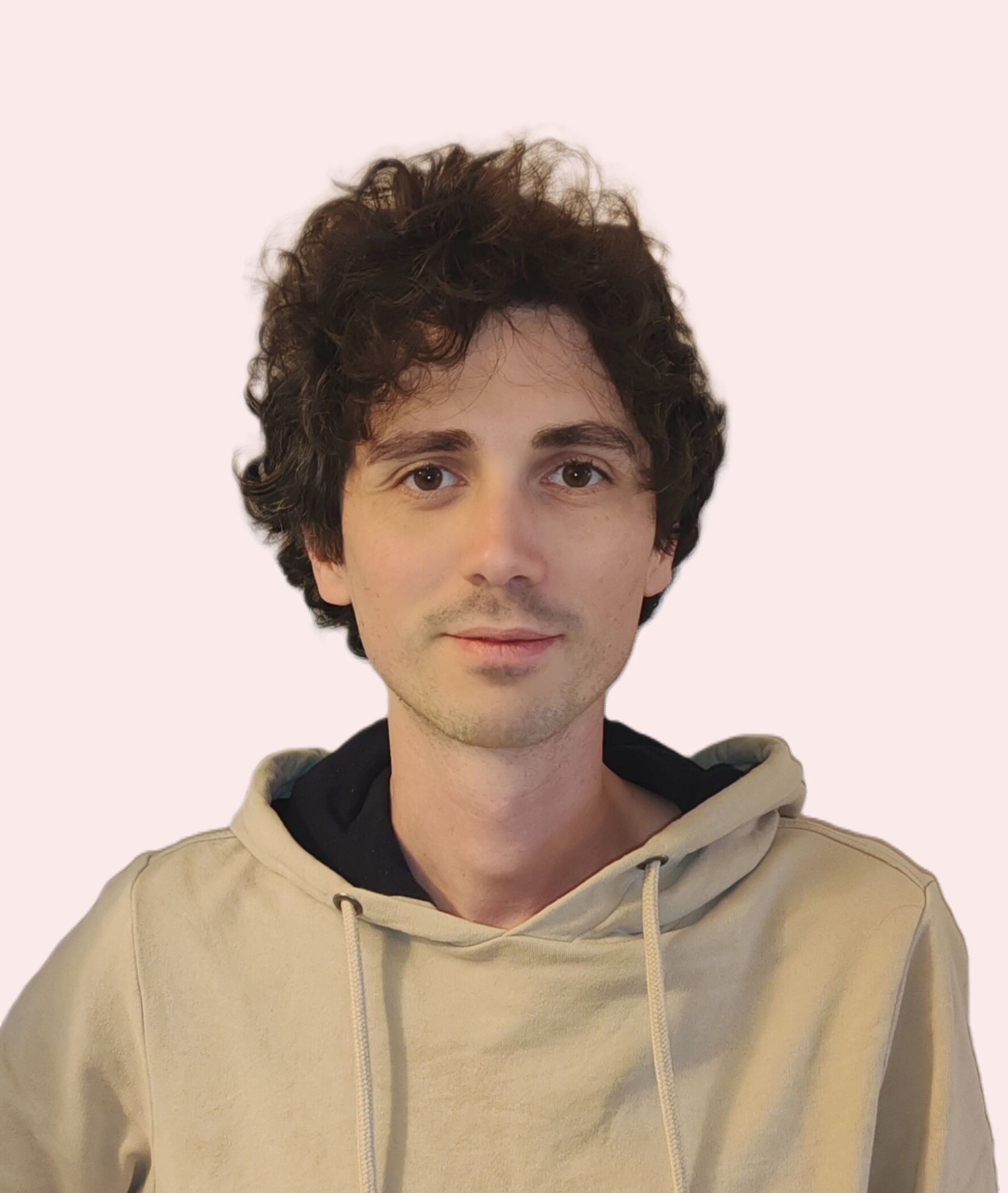
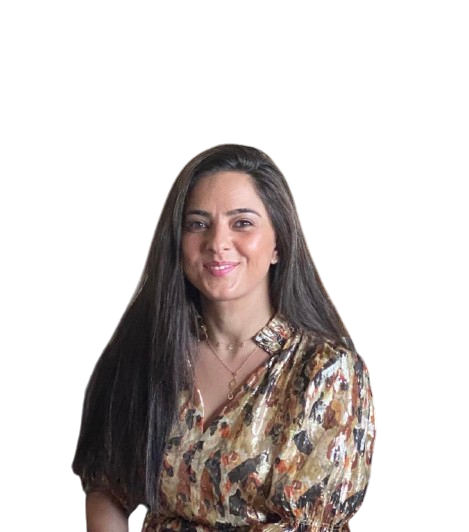

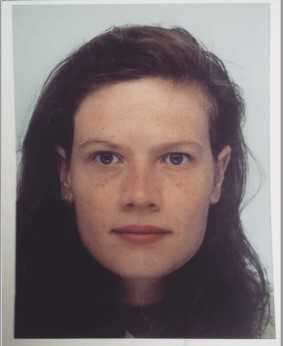
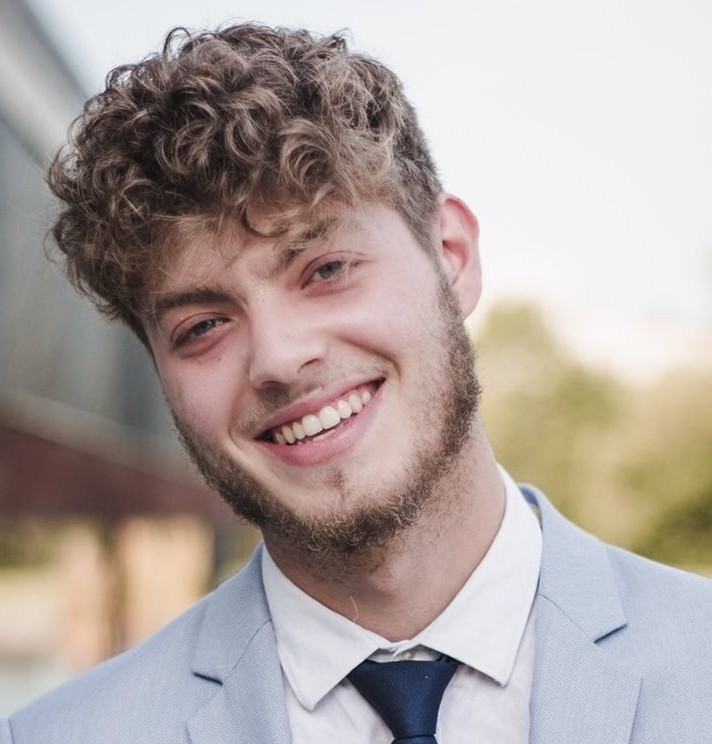
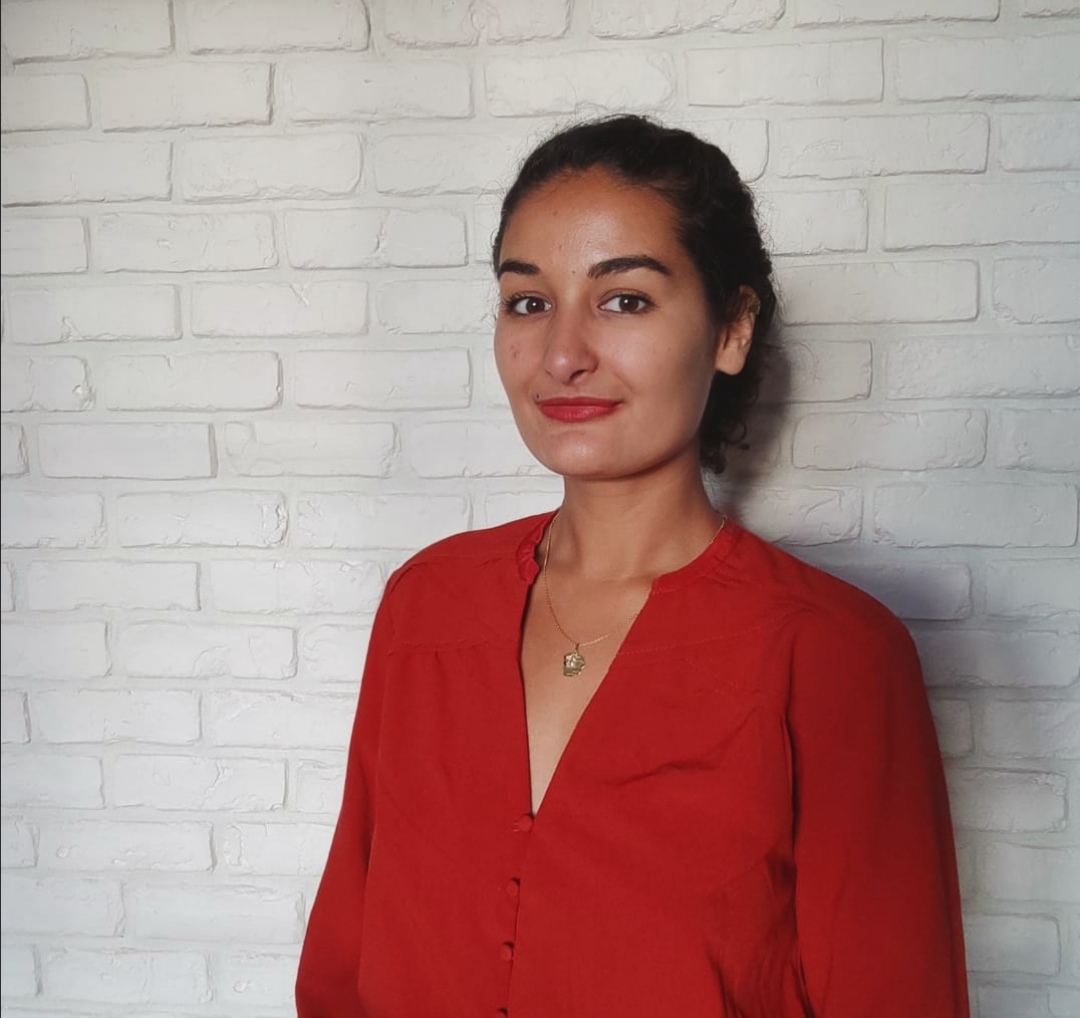
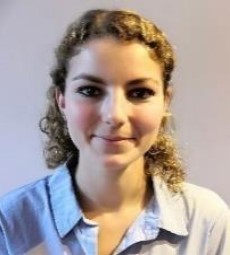

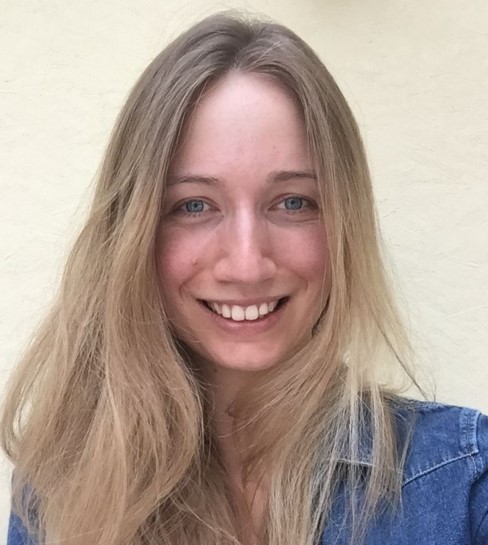




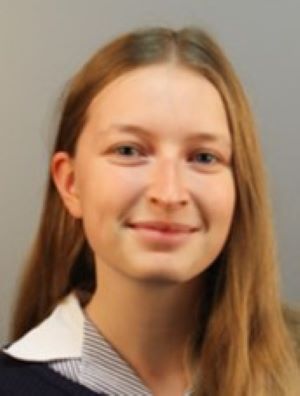
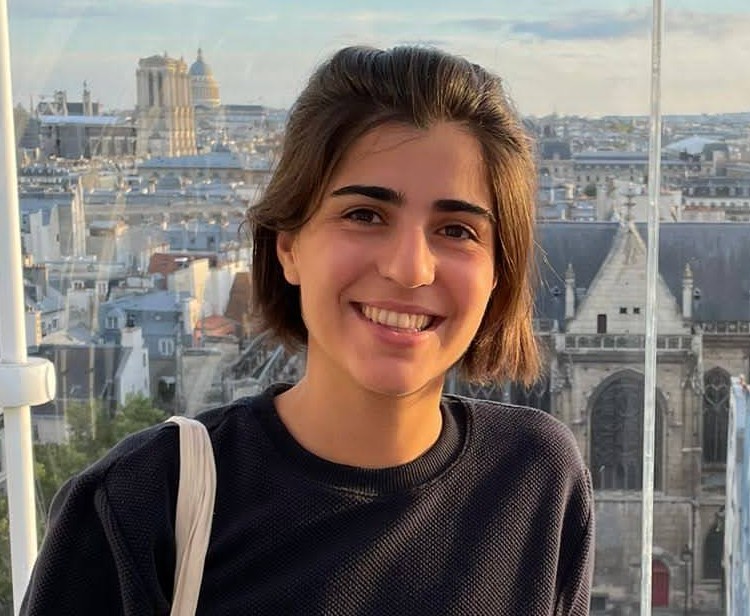
The Gendhi community is expanded to include practitioners and research associates.
The research is organized into working groups that focus on different parts of the health care cascade (see Figure 1 in the project presentation).
Discover our job offers for the Gendhi project!